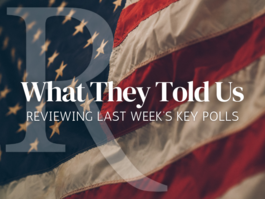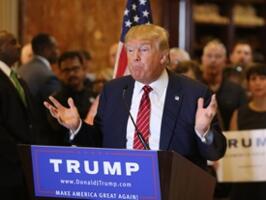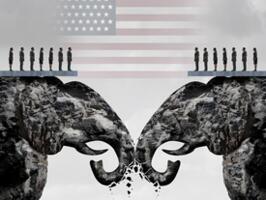Voters Still Value Cost Reduction Over Universal Health Care Coverage
House Republicans last week unveiled a long awaited proposal for an alternative health care law to replace Obamacare that would, among other things, eliminate the health insurance requirement and aim to reduce health care costs. Most voters still say lowering costs is more important than universal coverage.








